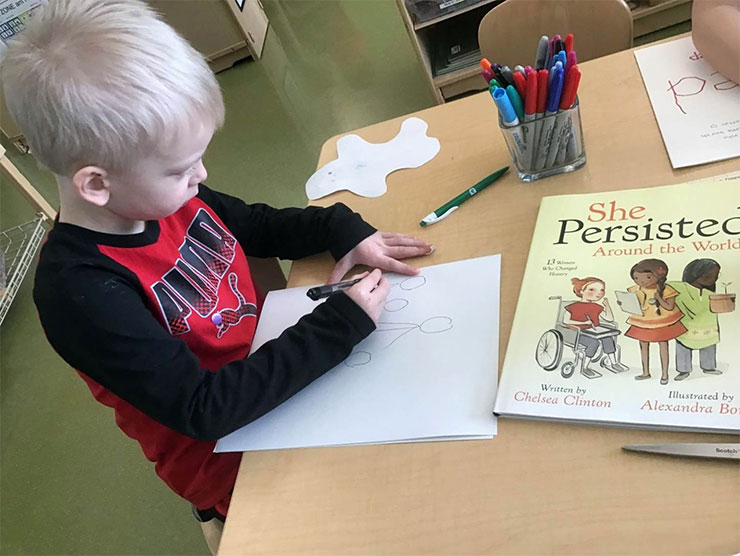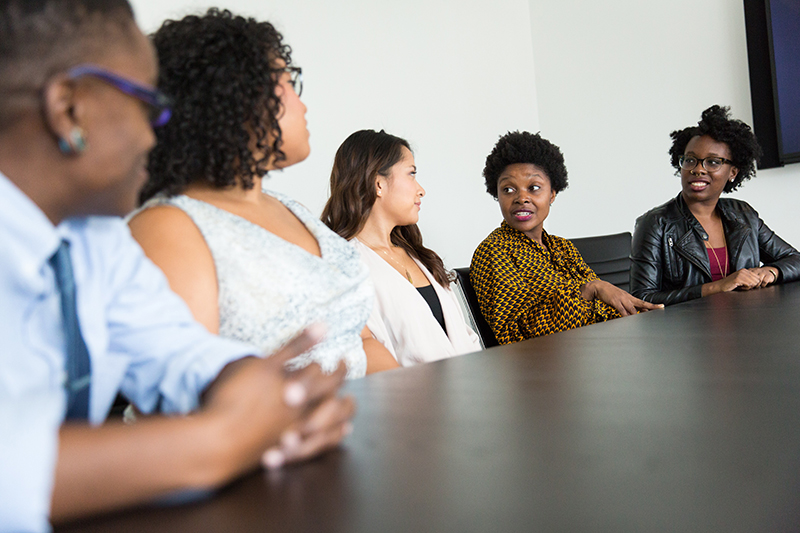This post was written by Scarlett Abraham Clarke, Former Bright Horizons Senior Director, Diversity and Inclusion.
Just a little while ago, we finished a Bright Horizons company webinar about race in America.
We wanted to give our employees a chance to talk about what’s happening right now.
And people wanted to talk. A lot.
It was like they had been waiting for this moment.
Hundreds of employees showed up. When we put out the call to share perspectives, the comments spilled out in buckets, the thread rolling by so fast it was like watching movie credits on high-speed fast forward.
Black employees told us about stops on routine jogs in their neighborhoods, guns pointed at them, “fitting the description.”
White employees wondered how their voices could matter.
Black employees talked about white friends seemingly surprised this is suddenly on the front pages.
White employees talked about privilege, wanting to help, not knowing how, and being afraid to say the wrong thing.
Tears flowed on all sides.
“People say, “That doesn’t happen here,” said one Black woman whose car was once exhaustively searched for purportedly stolen deli meat after a routine trip to the grocery store. “And in my head, I’m saying, ‘Doesn’t happen to you!’
“People ask, ‘How are you doing,’” she said. “I’m not ok.”
Starting the Conversation
Did we solve anything on this webinar today?
We did not. That was never our goal.
Our goal was to start a conversation. To make it personal. To remind us if we’re not uncomfortable, we’re not doing it right.
For me this is personal. I have two children, a 2-year-old daughter and a 5-year-old son, and my son is now very aware of the color of his skin, that we are not white. He is so aware of people being treated differently, because I had to tell him. The importance of my role as senior director of diversity and inclusion is not lost on me. For me, as for others on that call, there are so many drivers pushing me to do this with the urgency it deserves. Because I have two little lives counting on that.
And those stories – the story of my family; the stories told on our webinar – are the ones we need to tell…and hear. Our colleagues need to know these stories aren’t just “out there” in the big world stories of strangers who are somewhere else; they are colleagues, people we know, who are right here. That’s what our webinar did.
Because only when it’s personal, do people become invested. Only when it’s in our own back yards do we start checking our own biases and thinking about our own behaviors. Only when it’s people we know do we stop asking, “what can we do?” to support inclusion and racial equity, and start rethinking our own actions and where we can make change.
Only when it’s local does it become real. This is where we can start turning intent into change.
“I want people to know that the colleagues I heard on the phone are not ok,” a colleague, a white woman, wrote to me after the webinar. “I want to remind myself that racism isn’t just what happened in Minneapolis, but the more insidious comments we let slide by every day. I want people to know that just because it’s suddenly in our viewfinders and on front pages doesn’t mean that any of this is new – that racism has been here for lifetimes.”
That’s where change in our offices and everywhere else starts. Conversation brings those stories home and makes us start to change the way we act. Many people are afraid of these discussions, and we did it, successfully, with close to 500 people, all virtual. It was bold and courageous. We’ll be writing more about our experiences as we go.
I recently read a quote about responsibility and action and the enormous costs of what happens when we just stand by and do nothing, not just enabling people like those in Minneapolis, but emboldening them.
To affect change, none of us can afford to be bystanders.
Conversation is one way we can begin.





